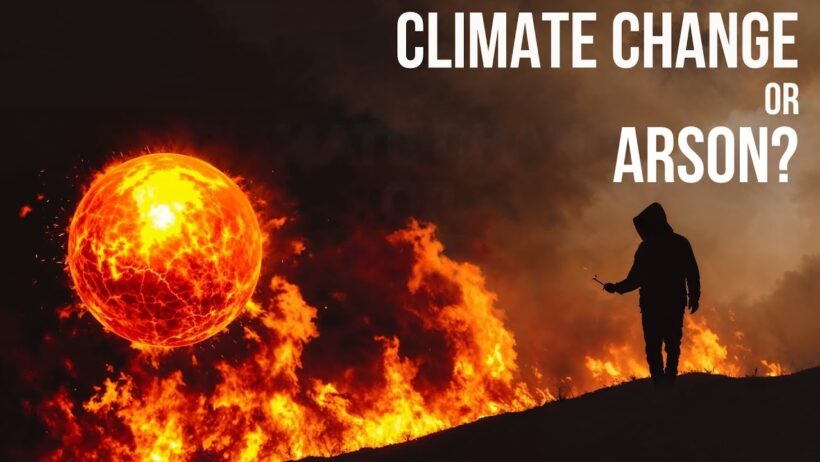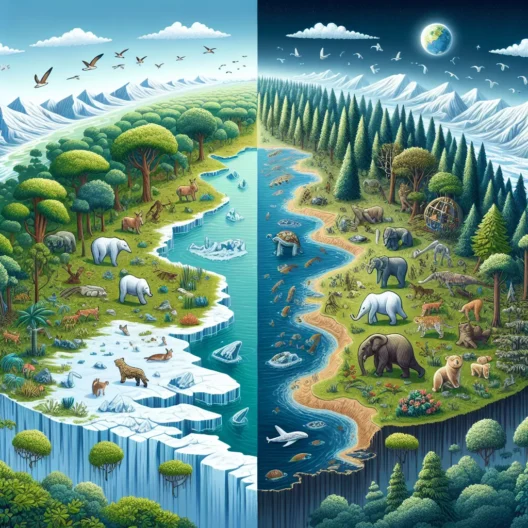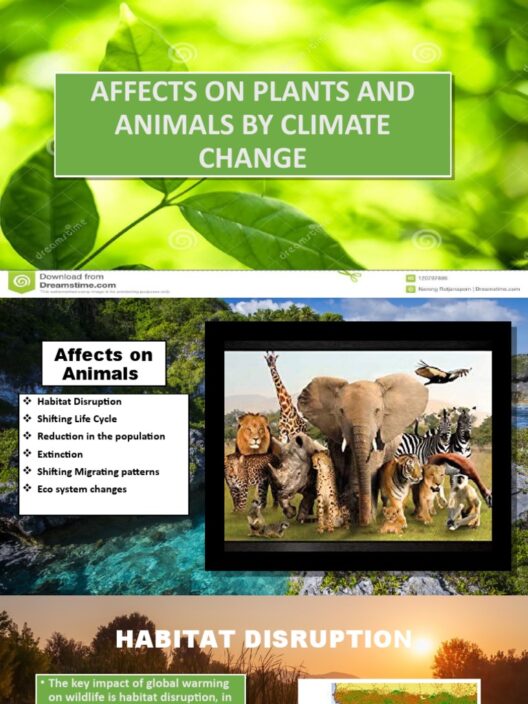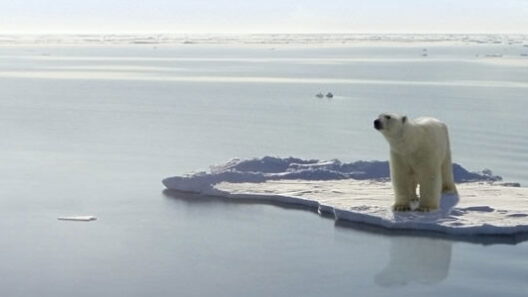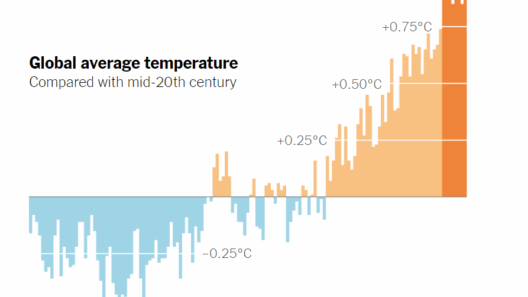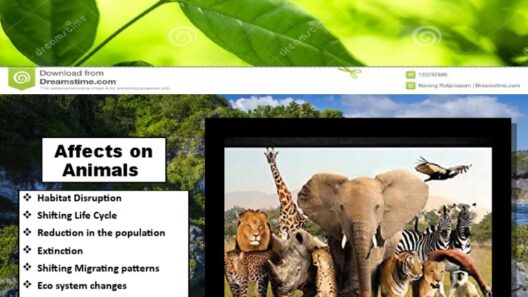Global warming, a term that elicits urgency and concern, is often perceived as a modern dilemma, surfaced prominently in the late 20th century. Yet, its historical roots extend far deeper, beckoning us to explore not merely the contemporary consequences but also the origin of the awareness around climate fluctuations. Journeying through centuries, it becomes evident that our understanding of climate transformation is not a barren landscape marked solely by industrialization; it is a profound tapestry woven with the insights of scholars, explorers, and the very fabric of our civilization.
The narrative of climate change traces back to the Enlightenment era, a time when intellectuals began contemplating the intricacies of nature. Figures like Joseph Fourier in the 1820s were among the pioneers to theorize about the greenhouse effect, suggesting that certain gases in the atmosphere could trap heat from the sun. Fourier’s insights laid the groundwork, igniting a spark that would eventually lead to the contemporary discourse on global warming. Despite this early acknowledgment, the broader societal implications of these findings languished in obscurity as the industrial revolution transformed the world’s landscapes and economies.
As the 19th century progressed, so too did our understanding of the atmosphere’s dynamic tapestry. The work of John Tyndall in the 1850s further elucidated the role of carbon dioxide and water vapor in heat retention. Tyndall’s experiments characterized the absorptive capacities of these gases, laying durable foundations for the study of climatology. Yet, still, the implications of these discoveries were largely confined to academic circles, hardly penetrating the public consciousness.
With the dawn of the 20th century, the relationship between industrial activities and climate began to garner attention, albeit hesitantly. The burgeoning industries and their metamorphosis of the Anthropocene heralded a new epoch—one where human activity began to imprint on the global climate. It was during this period that scientists observed rising temperatures and increased carbon emissions correlating with industrial growth. However, societal inertia persisted, and the entwined destinies of humanity and climate remained tangentially acknowledged.
Mid-century marked a pivotal juncture as the discourse around global warming began to accelerate. The 1950s and 1960s saw a flurry of scientific research. The Keeling Curve, meticulously charted by Charles David Keeling, portrayed an alarming rise in atmospheric carbon dioxide levels, captivating the scientific community and providing tangible evidence of human impact on the environment. However, alongside scientific revelation emerged an ongoing dialogue that oscillated between skepticism and acknowledgment of the looming crisis.
In the context of geopolitical shifts during the 1970s, the thesis of climate change started infiltrating public awareness. Environmental movements began to burgeon, creating a new lexicon that encapsulated the fragility of our ecosystems. Disparate occurrences like the unprecedented droughts, the devastating energy crises, and the catastrophic oil spills pressed environmental concerns into the limelight. The activities of the era gave rise to the first Earth Day in 1970, an emblematic moment of collective human reflection towards our relationship with the environment. These events coalesced into a driving force, compelling society to recognize the impending consequences of unsustainable practices.
However, the trajectory towards genuine action was rife with complexities. The burgeoning debate over climate change in the scientific community revealed fissures between consensus and skepticism. While many researchers heralded the findings as a clarion call for immediate intervention, others remained ambivalent, questioning the validity and implications of the data. This inconsistency fueled polarization within public discourse, complicating the narrative surrounding global warming and stymied collective action.
As the dawn of a new millennium approached, the understanding of climate issues underwent a transformation, effectively meshing traditional environmentalism with calls for social justice. Global summits and treaties, notably the Kyoto Protocol in 1997, aimed to galvanize nations towards genuinely addressing carbon emissions. Yet, skepticism persisted, with powerful entities pushing back against the urgency underscored by scientists. The realization dawned that combating global warming necessitated not just scientific understanding but an overhaul of economic, political, and societal structures.
The complexity of global warming, however, is not solely rooted in its historical evolution but also in the narrative of climate justice. The disproportionate impacts felt by marginalized communities underscore the ethical considerations surrounding climate action. As developed nations grappled with their emissions, emerging economies faced the crossroads of development and sustainability. The historical legacy of industrialization draws stark contrasts in responsibility and vulnerability, inviting a reconsideration of equity within climate discourse.
Today, as we confront the escalating realities of global warming, it is crucial to imbue our understanding with historical context. The past provides not merely insights into the science and politics of climate change but also a profound anticipation of our responsibilities towards future generations. Acknowledging that the phenomenon spans centuries beckons us to honor the intricacies of our relationship with nature. This ongoing journey is one of discovery, provoking inquiry into how modern lifestyles impact the environment, urging a collective pivot towards sustainability and resilience.
In conclusion, the historical roots of global warming unravel and reveal a narrative laden with enlightenment, skepticism, and ethical dilemmas. It is a compact canvas, painted with the brushstrokes of societal evolution, scientific exploration, and moral contemplation. The implications of climate change extend far beyond the parameters of temperature rises; they challenge us not only to reassess our environmental practices but also to reconsider our ethos as stewards of the planet. As we continue this critical conversation, the essential question remains: How will we respond to the profound and pressing challenges that our predecessors recognized long ago?



